
Recommendation
Eco-anxiety – worry and fear of climate change impacts – is growing. In her emotionally intelligent interview with the Buddhist magazine Tricycle, climate psychologist Renée Lertzman offers empathy and a fresh, hopeful perspective on harnessing eco-anxiety to enable positive change. She also discusses the benefits of turning to Buddhist teachings to stay grounded amid difficult emotions and uncertainty.
Summary
About the Authors
Renée Lertzman brings a background in psychology and environmental communications to her work as a climate psychologist and environmental strategist. She works with businesses, nonprofits and governments to support organizational transformation. Lertzman is the founder of Project InsideOut, a community of psychologists, researchers and activists seeking to engage communities on issues of climate and sustainability. Sam Mowe is Tricycle’s publisher.


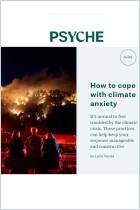

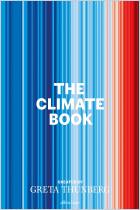
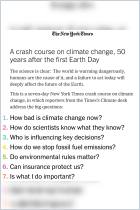
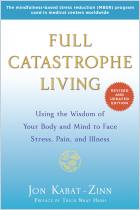
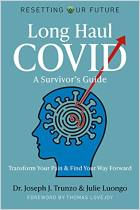










Comment on this summary